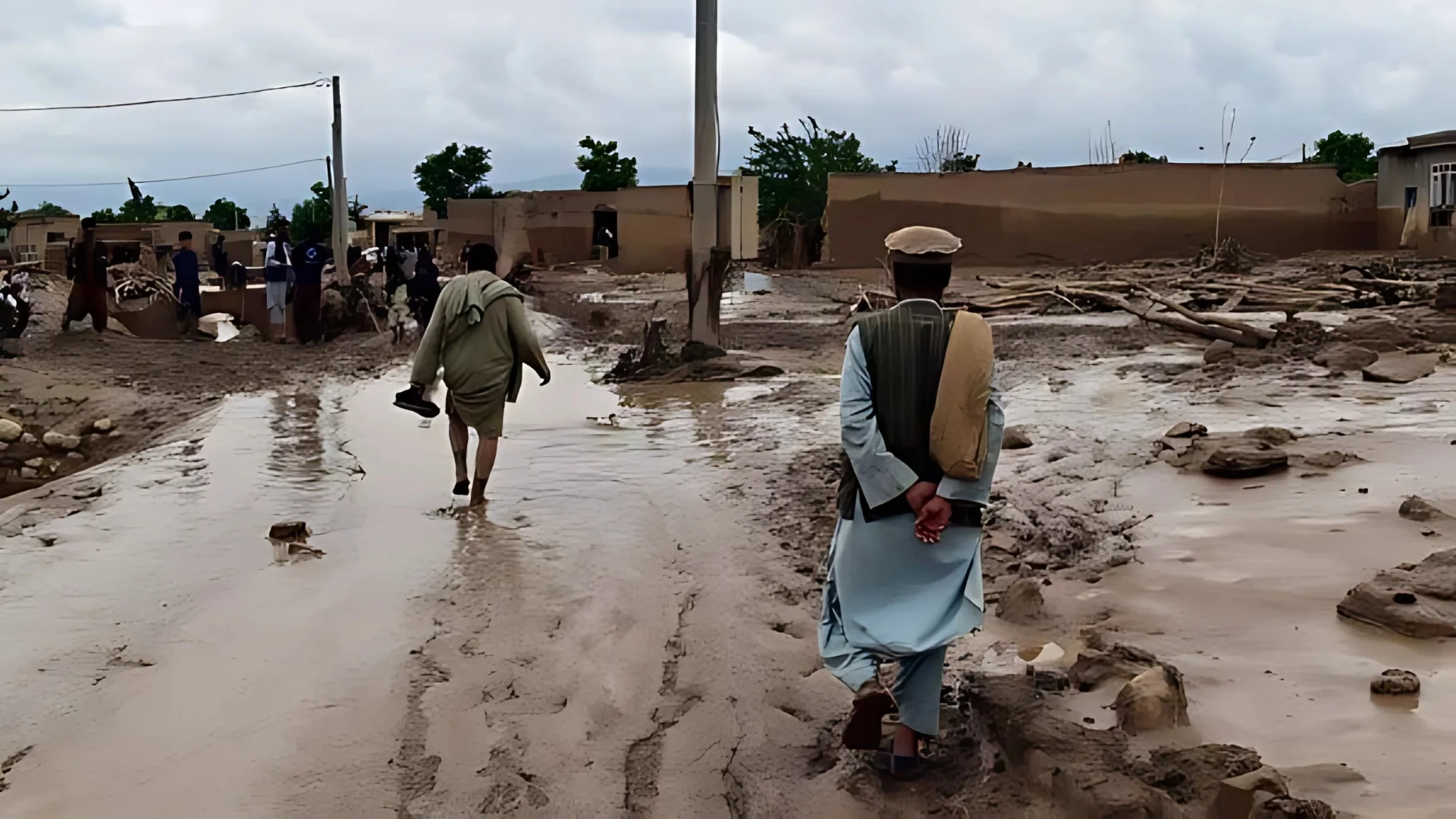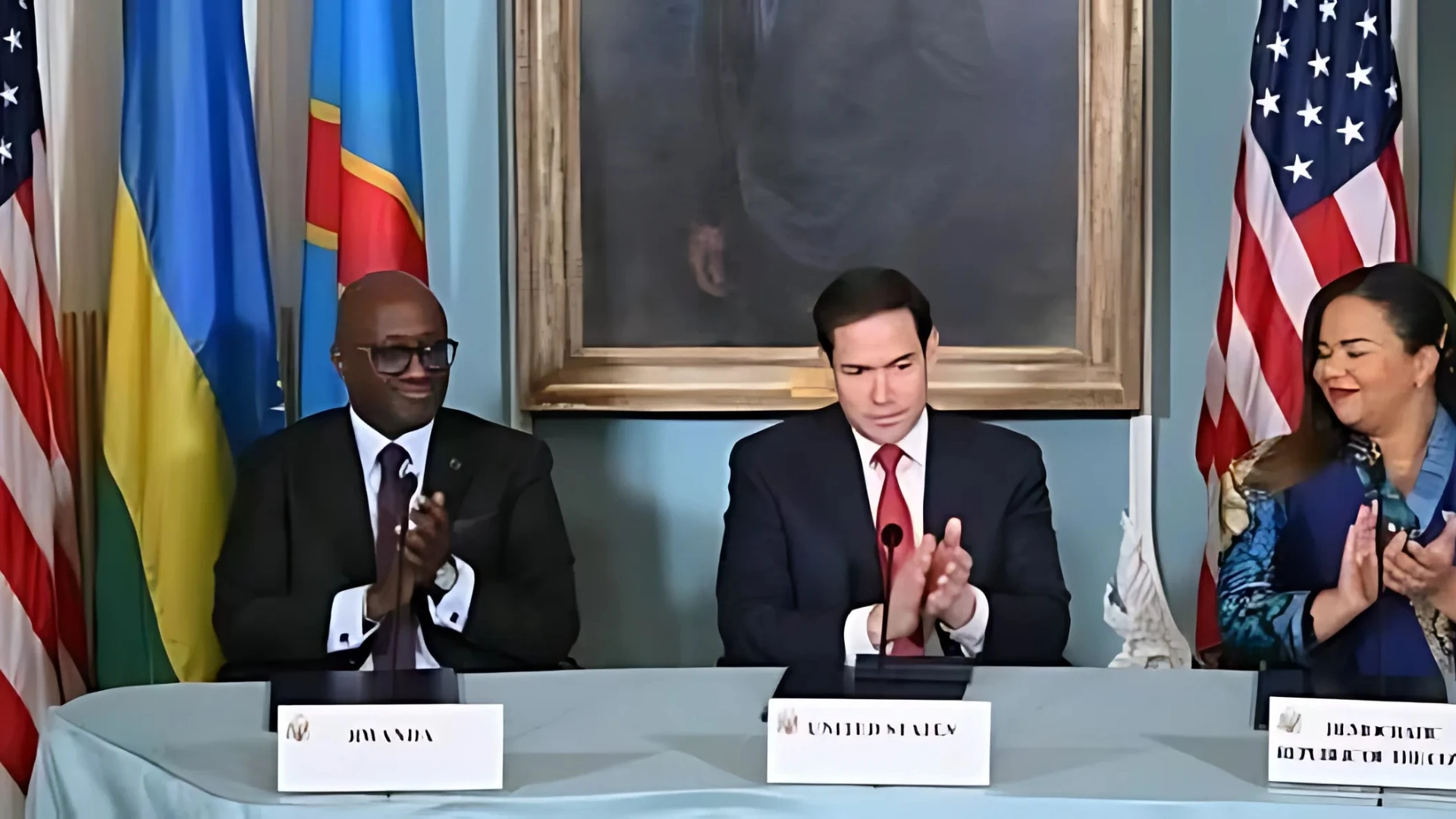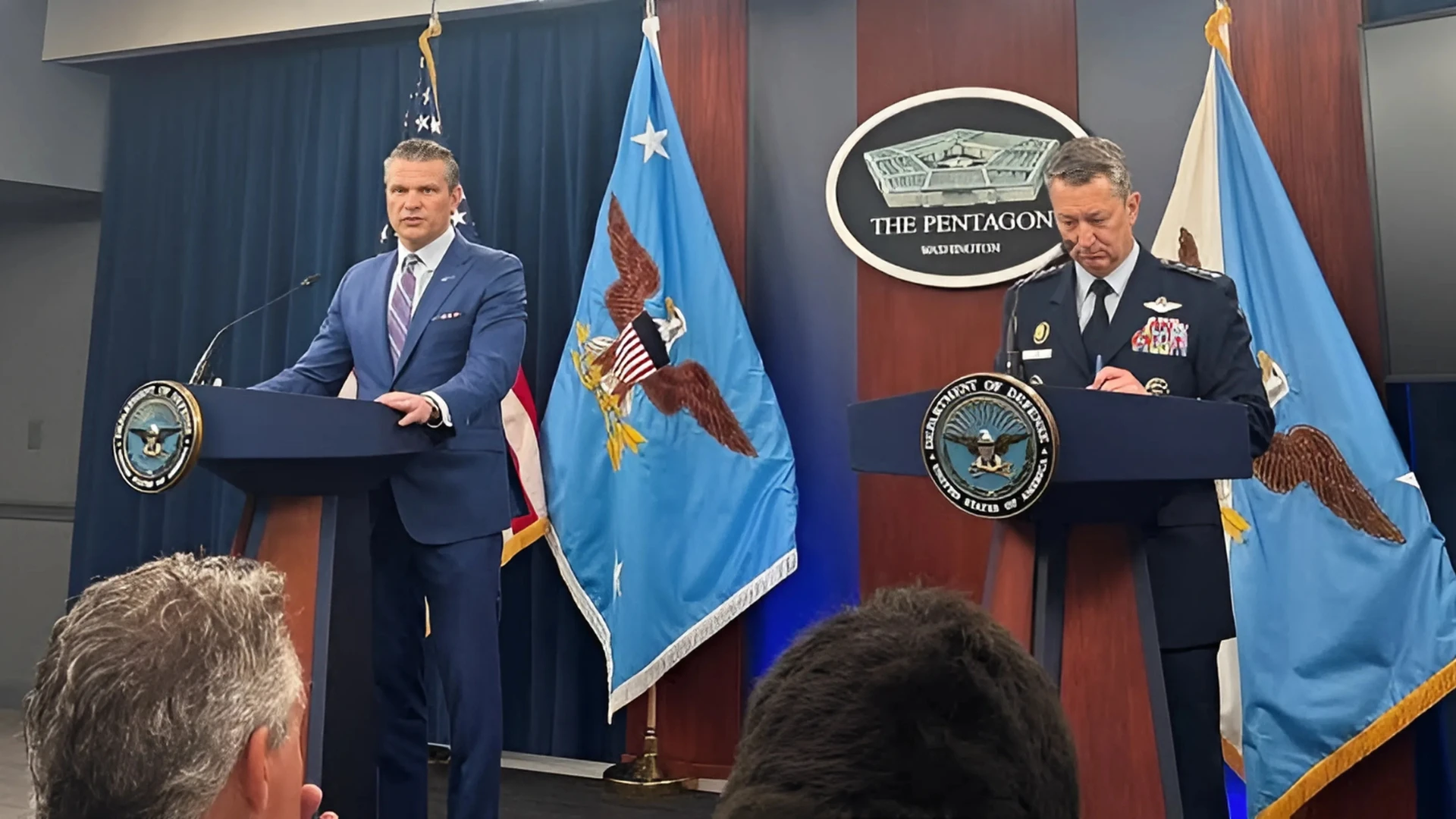Washington: The Associated Press (AP) reported on Tuesday that its White House correspondent was denied access to an event with President Donald Trump after the news agency refused to adopt his executive order renaming the Gulf of Mexico as the "Gulf of America."
AP Executive Editor Julie Pace condemned the White House's decision, stating that the move violated press freedom. "We were informed that if AP did not align its editorial standards with President Trump's executive order, our reporter would be blocked from an Oval Office event," Pace said in a statement. She further criticized the action as an attempt to control independent journalism.
Trump, who issued the executive order last month, justified the renaming by emphasizing the Gulf's economic and recreational importance to the United States. However, the AP refused to comply, noting in a style guide update that the name "Gulf of Mexico" has been in use for over 400 years and is recognized internationally. The agency stated that while it would acknowledge Trump’s renaming, it would continue to use the traditional name for clarity in global reporting.
The White House Correspondents’ Association (WHCA) also denounced the administration's actions. WHCA President Eugene Daniels called the exclusion of an AP reporter "unacceptable" and urged the White House to reconsider. "The government cannot dictate how journalists report the news or retaliate against them for editorial decisions," Daniels said.
In addition to renaming the Gulf of Mexico, Trump also signed an executive order changing the name of Denali, the tallest mountain in North America, back to Mount McKinley. Unlike the Gulf renaming, the AP accepted this change, noting that the president has authority over geographical names within U.S. borders.
The AP, the largest news agency in the U.S., has long been a key source for journalistic standards, with its Stylebook widely used in media and corporate communications.








